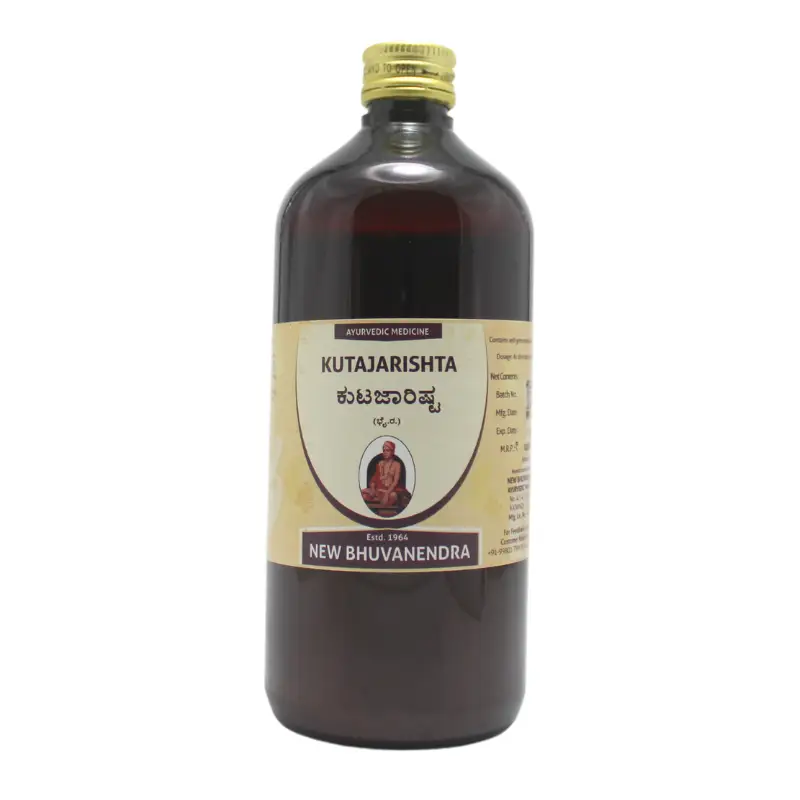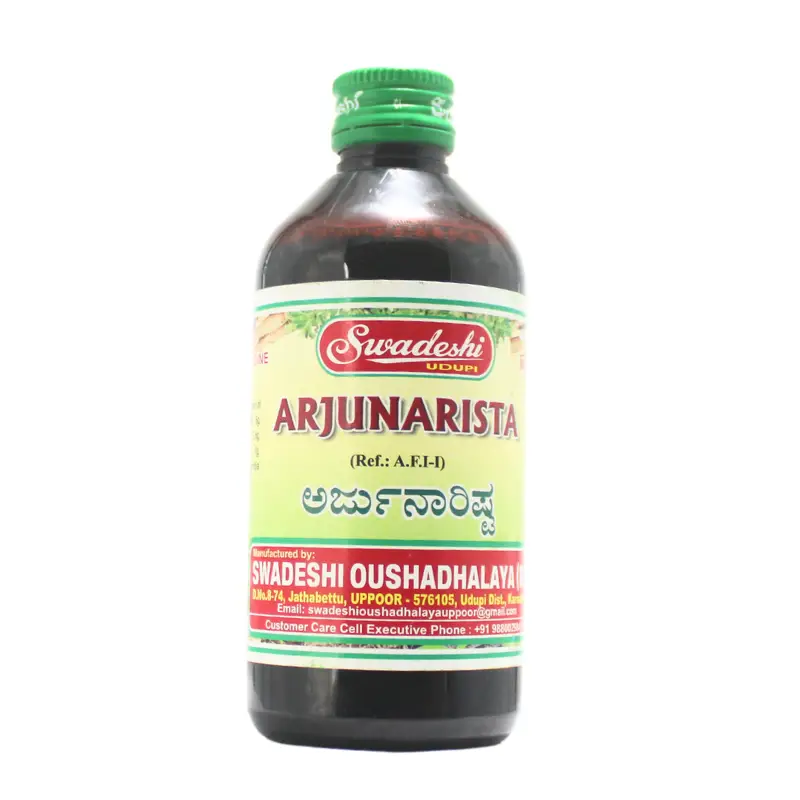Let’s see when your dose of wellness can reach you!

Enter your PIN code to check estimated delivery time for your Ayurvedic essentials.
Enter your PIN code to check estimated delivery time for your Ayurvedic essentials.
We've sent a 4 digit verification code to
+91
edit
For order and delivery updates


Water fasting is a type of fast where you consume only water and nothing.
Studies have shown that water fasting has quite a number of health benefits. It is not advisable to do water fasting for more than 24 to 72 hours.
As Ayurveda believes in the uniqueness of each individual, the benefits of water fasting will vary from individual to individual. When we fast according to Ayurvedic, it is called pratyahara, which means anything taken into the body. Though Ayurveda does not suggest to go fasting completely without food, but it does mention the benefits of water fasting.
Ayurveda says you are what you digest. When our digestive fire or Agni is low, we begin to accumulate toxins or ama, which is the undigested food matter inside us. This ama is the root cause of all diseases.
When ama starts accumulating, we experience several changes including cravings, mood swings, anxiety, fatigue, bad breath, a coating on the tongue, body odour, and laziness. If we do not take precautions to detox this ama, this toxic undigested food gets into the bloodstream and spreads throughout the body, manifesting into serious conditions. Water fasting helps in eliminating Ama.
Benefits of water fasting
The digestive organs are the largest in the body, hence they require a lot of energy to function, so at times need rest. This rest can be given by fasting, which frees up energy to be used for healing. This energy is then used for improving agni, to detoxify the body, and supporting a strong immune system.
Fasting soothes our body and mind like meditation. With fasting, the body feels lighter and regains its natural glow. It increases the energy level and the mind becomes clearer and more focused.
With fasting, our bodies get detoxed and throw out the unwanted toxins. Basically, fasting cleanses the body and mind. This is why spiritual and religious traditions follow and encourage fasting.
Fasting may lower the risk of chronic diseases and help our body to break down and recycle old parts of our cells.
Studies have shown that water fast helps to lower high blood pressure.
Ayurvedic tips for water fasting
Before indulging in water fasting, it is important to know your constitution and the current state of health. If you suffer from any chronic illness, you should consult an Ayurvedic practitioner before undertaking water fast.
If you wake up in the morning, feeling dull and have a coating on your tongue, it’s time to do a fast. Whenever you have indigestion, it is your body’s signals that something is wrong. So to give your digestive system a rest, and helping it to clear up the accumulated ama, it is time for a water fasting.
Ayurveda usually recommends short, regular fasting, for instance once a week, once a month, or once every season.
Fasting can provoke Vata. If you have a Vata constitution, you should never do water fast, nor should you fast for more than two days. Fasting during the change of seasons or once a month is recommended for you. Vata constitution people can drink warm teas made with ginger, salt, and lime.
If you are a Pitta person, you should not fast on water alone. You should consider a juice fast of bitter and astringent vegetable, leafy greens, or diluted grape, prune, or pomegranate juice.
If you are a Kapha person, you can fast more regularly. But it is recommended to fast on hot water, lemon and honey.
At any point in time, if you feel weak, irritated, or painfully hungry, you should immediately introduce some solid foods.
Triphala is a herbal combination that is beneficial for most people during a fast. It gently detoxes the body and supports the digestive system.
If you do fasting once a week, it is advisable to do it on the same day every week.
During the fast, you can feel tired, light-headed, or have a mild headache as the toxins are getting scavenged and your body is getting purified. These are good signs and will pass in a short time.

Tools and strategies modern teams need to help their companies grow.
Knee pain can be more than just an inconvenience; it can interfere with daily activities, making even simple tasks like…
Struggling with knee pain that won’t go away? Whether it’s due to aging, arthritis, or an old injury, persistent knee…
Knee pain is a widespread concern, affecting people of all ages due to factors such as aging, arthritis, injuries, or…









Add Products worth Rs 999 more to get Free Shipping

Select Language



Ayurvedic doctors online
Consultation available for
Diabetic Care | Thyroid Care | Joint Care
allergy and Asthma | Stress Care
Weight Management and more
Consult Best Ayurvedic Doctor Online
|
|
 |
|
|
|
|
|
Consult Best Ayurvedic Doctor Online
|
|
 |
|
|
|
|
|
You can see how this popup was set up in our step-by-step guide: https://wppopupmaker.com/guides/auto-opening-announcement-popups/